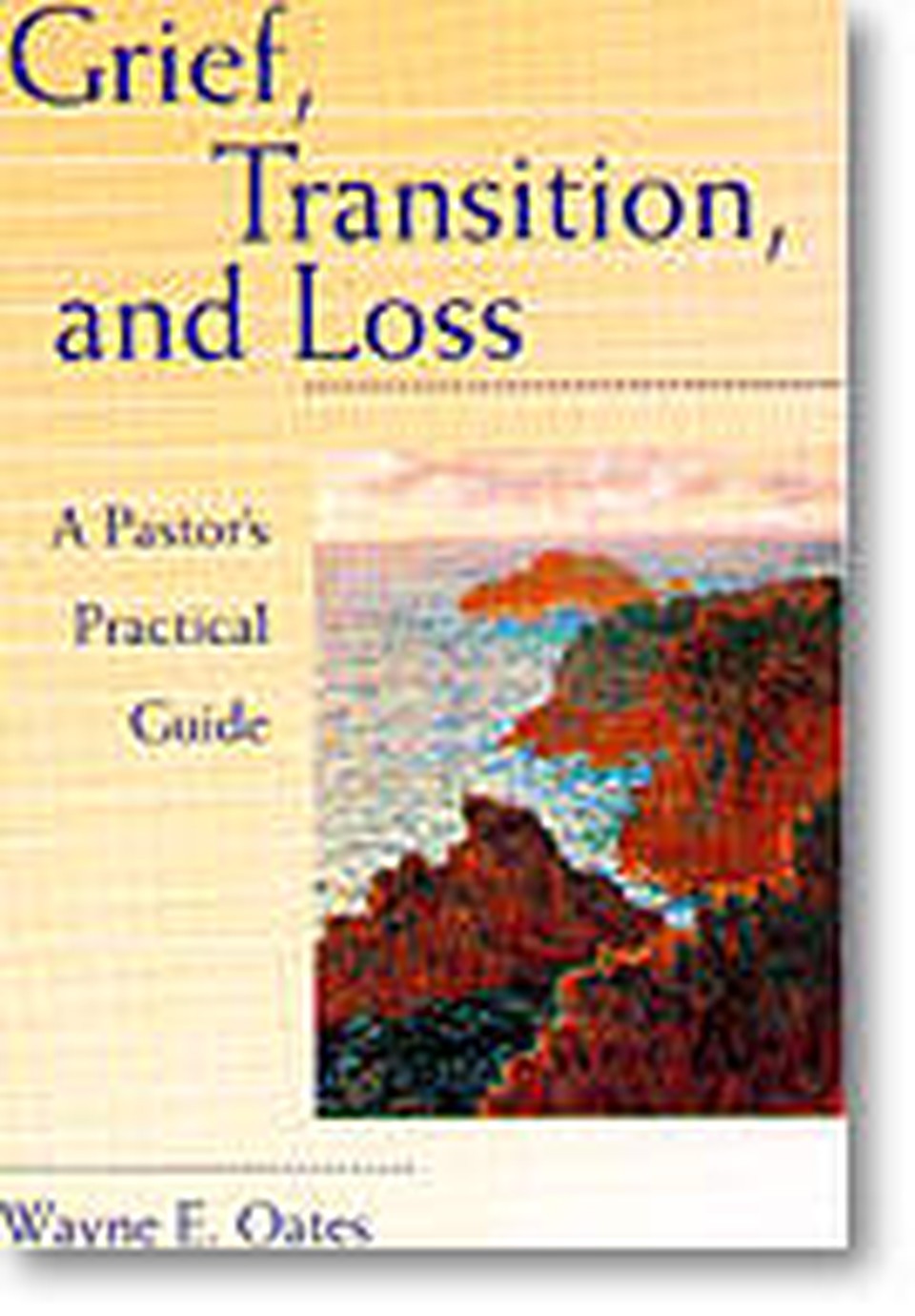How to care in the midst of emergencies

The unspoken exceptions of a Christian caregiver:
- Don't worry about what you say or do. These questions are secondary to being a presence, a reminder of the presence of God, that the sufferers are not alone.
- Determine whether a situation is an emergency. Every call is not an emergency. Develop the skills of the triage - the art of separating out different degrees of emergency in the requests that come your way. Example: A call from the wife of a man who has disappeared after leaving a note and a sales receipt for a pistol can be judged an emergency. Yet a call from a couple about plans to be married a year from now would be given an appointment to be seen in a month. Common sense teaches that life or death situations take priority over those that have no life or death implications.
- Deal with issues in due time. After listening carefully to the person's appeal, you may ask, How much of an emergency is this for you? Can we sit down together and study the problem to make a good decision? How about Tuesday? Separating out different degrees of emergency is a spiritual gift of discernment.
Three phases of emergency caregiving:
- Bring the crisis under control.
- Go to the scene of the crisis immediately. When you go promptly, you can say, I came as soon as I heard. I want to be with you in this terrible time.
- Give comfort. You can let the sobbing ones cry on your shoulder (while respecting personal boundaries). Guide them from a standing position to a seat and kneel by them as you comfort them.
- Hear their complaints. This is not fair. Why has God done this to me? They may be fiercely angry with no one but God to take their anger.
- Calm the situation. Calm them by talking in a lower, quieter voice, bringing them down to a calmer level.
- Call for help. If they faint, or show symptoms of illness, see that a doctor or paramedic team is called.
- Pray. You are the person of prayer. Gathering the individual and group in a time of heartfelt prayer led by you puts the whole crisis into God's hands and brings the presence of God into vivid awareness. This is probably the most calming and steadying thing you can do.
- Mobilize the support system of the person.
- Contact the family. The larger family and friend circle need to be notified as well as other caregivers and the pastor. A close friend often is more supportive and helpful than members of the extended family.
- In the case of a death, the preliminary arrangements for a funeral have to be made quickly. A particular funeral home needs to be decided upon and called. Planning the funeral is the first step toward this person's journey beyond this emergency to picking up the pieces of life and getting on with the rest of life.
- Plan for the longer term care of those in crisis.
- Support wanes. It doesn't take long for family and friends to thin after the crisis is over. This is when a shocked, numbed, depressed victim of crisis faces going life alone.
- Keep in contact. Plan to telephone the victim regularly and to assess his or her situation. Arrange other support services as needed.
- Pray for them. A prayer over the telephone is appropriate and gives an eternal context for the day-to-day working through of the losses or new burdens the person is experiencing.
Reprinted from Grief, Transition, and Loss by Wayne E. Oates. Copyright (c) 1997 by Augsburg Fortress. Used by permission of Augsburg Fortress Publishers, Minneapolis, Minn., 1-800-328-4648.
Wayne E. Oates is professor emeritus of Psychiatry and Behavioral Science at the University of Louisville School of Medicine. Author of numerous publications, Wayne was for many years a professor of Psychology of Religion at the Southern Baptist Theological Seminary in Louisville.
Originally published December 27, 2001.







